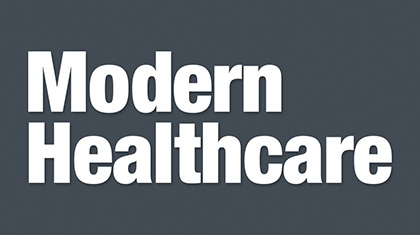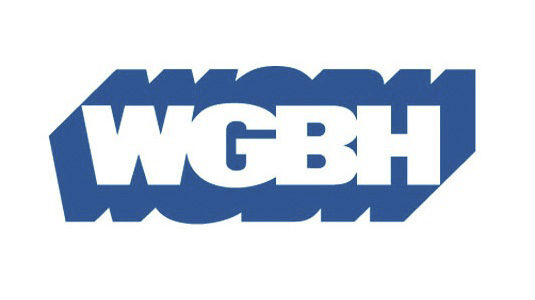Background:
Little is known about what primary care physicians (PCPs) and patients would expect if patients were invited to read their doctors’ office notes.
Objective:
To explore attitudes toward potential benefits or harms if PCPs offered patients ready access to visit notes.
Design:
The PCPs and patients completed surveys before joining a voluntary program that provided electronic links to doctors’ notes.





